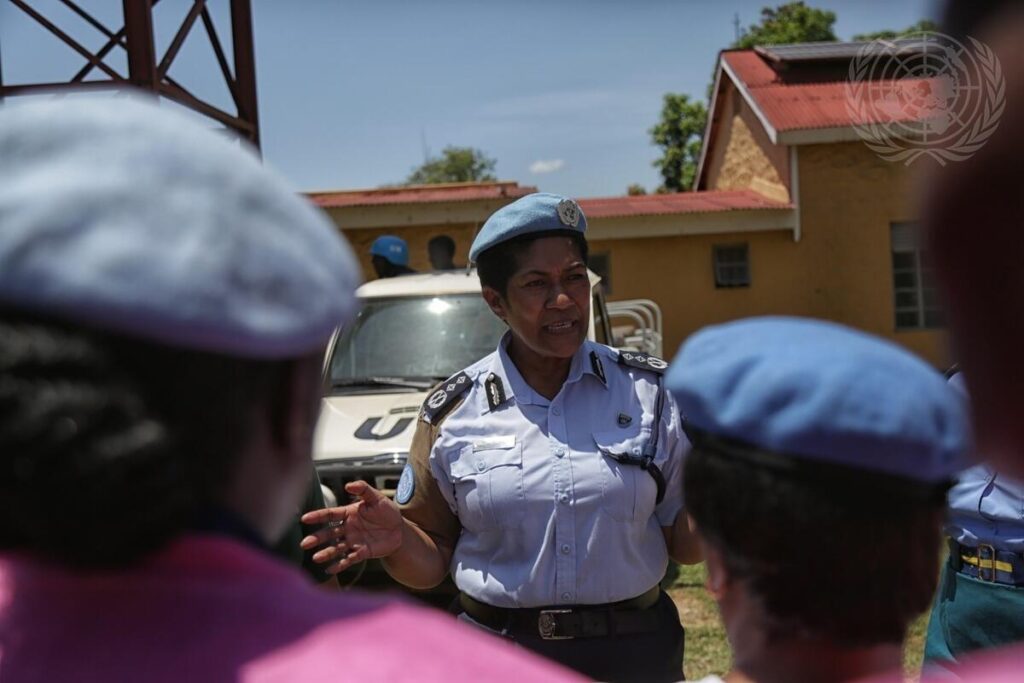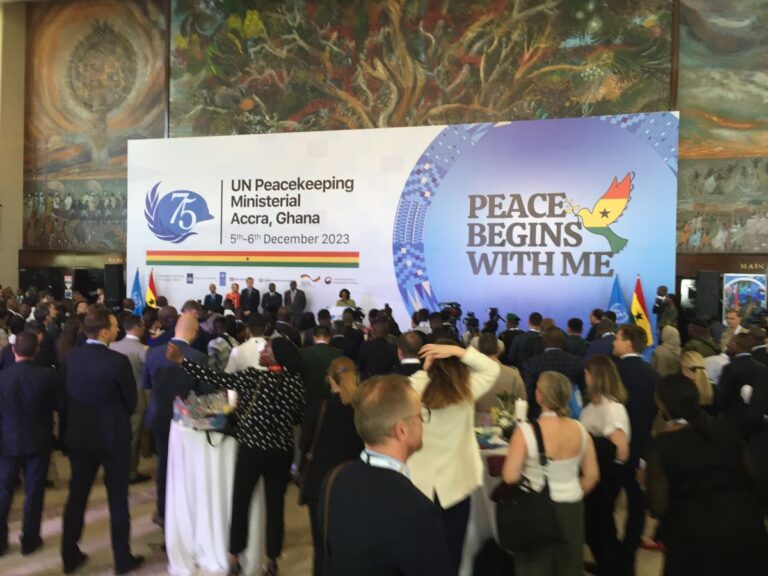- Trade
& TechnologySecurity
& StrategyHuman Security
& GovernanceClimate
& Natural Resources - About StimsonTransparencyPeople
- Find ResearchResearch, programs and projects, events, and institutional information.Find ExpertsStaff and affiliates by name or research area.



